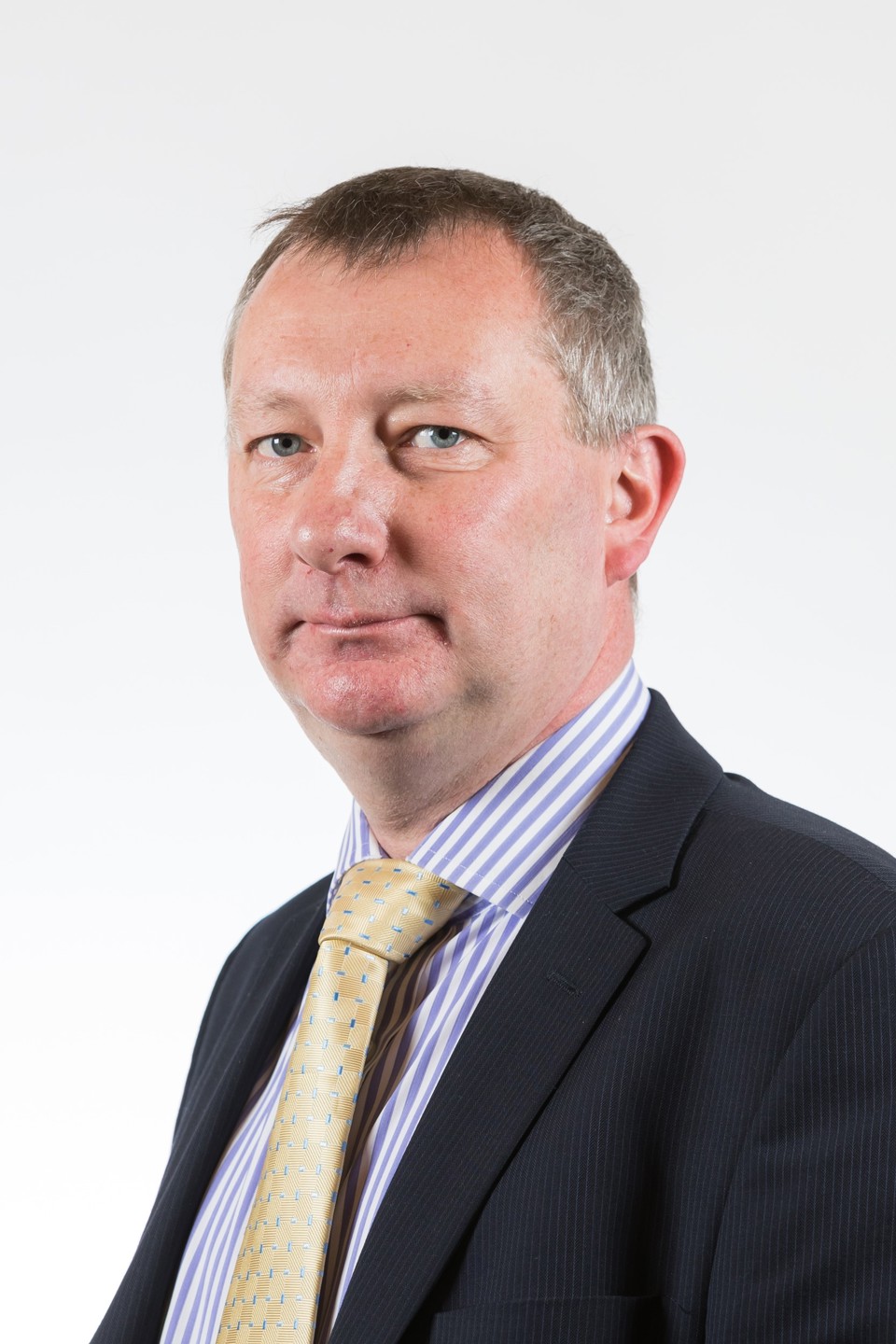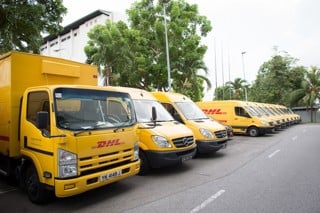The role of the construction industry is continuing to evolve and change, as supply chains become more complex and solutions become more integrated. Responsibility for our communities is also becoming more widely shared.
Presented with an opportunity to take a more expansive view on wellbeing, our industry should be leaping at the chance to lead the way on initiatives that have a positive impact on community health, especially when they simultaneously drive more efficient ways of working.
Wilson James supports the introduction of London’s Ultra Low Emission Zone (ULEZ), which goes live 08 April 2019. After this date, non-compliant Euro-6 HGVs will have to pay £100 to enter the zone, while non-Euro-6 vans and smaller vehicles will pay £12.50.
Whilst Euro level 6 for commercial vehicles is a positive step in reducing particulates, it does not make a significant enough reduction in CO2 emissions. Such improvements must be married to other, better ways of working to improve air quality in London.
There is a complimentary way to promote clean air: better organisation of construction deliveries. Instead of having thousands of LGVs and HGVs making discreet deliveries to numerous sites, why not consolidate those deliveries on the outskirts of the city and use fewer vehicles to deliver to multiple sites?
These facilities (Construction Consolidation Centres, or CCCs), together with the associated technology required to run them, already exist and yet a minority of projects are using them.
The City of London Corporation has already showed leadership, making the use of consolidation centres during construction a condition of planning for some developments. If cleaner air is a real priority, making this practice more widespread cannot happen too soon.




















Login to comment
Comments
No comments have been made yet.